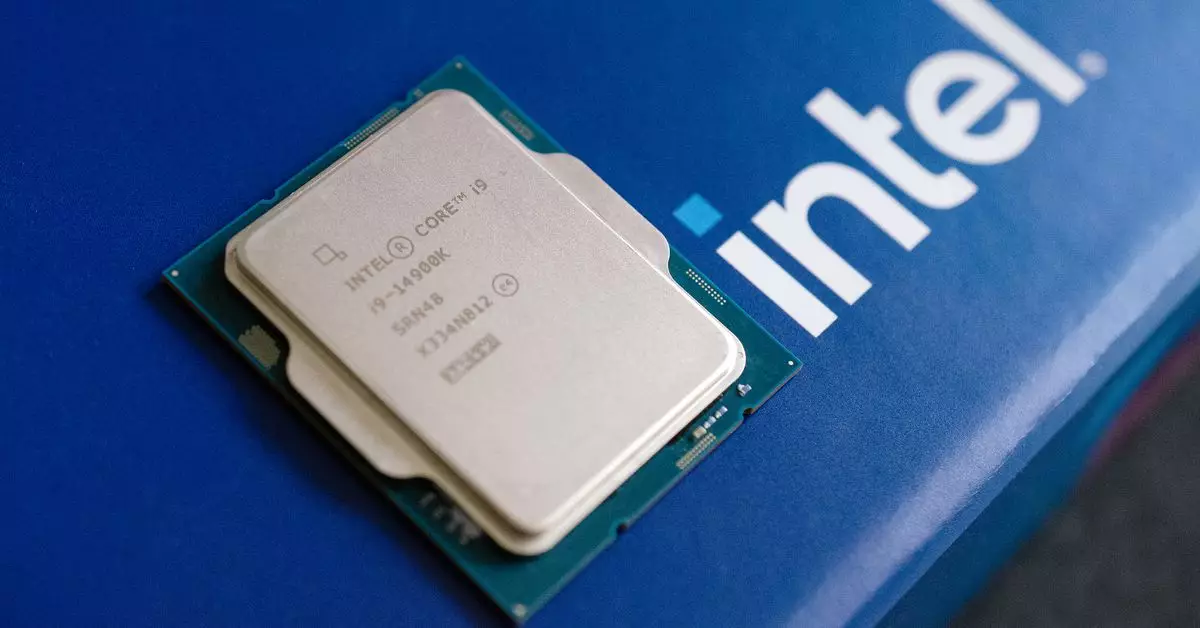Intel’s 13th and 14th Gen Raptor Lake processors have recently come under scrutiny due to a potential defect that could cause them to fail under certain conditions. As desktop users become more reliant on powerful processing capabilities, the reliability of these chips is paramount. In recent revelations, it has been noted that these processors could experience permanent damage, leading to a host of issues including system crashes. This alarming scenario has prompted Intel to announce a critical microcode update aimed at addressing these problems, signaling a pressing need for manufacturers and users alike to pay close attention.
The crux of the solution lies in the new microcode update, identified as version 0x12B. This update specifically targets one of the core issues causing instability in the Raptor Lake CPUs—excessive power requests during idle or low-load operations. The danger here is that excessive voltage can lead to premature degradation of the processor, effectively reducing its lifespan. While this update provides a critical first line of defense, it does not rectify the problems for chips that are already exhibiting failure symptoms. Users grappling with crashing CPUs should be mindful that this updates won’t fix existing damage, thus emphasizing the importance of proactive measures in managing their systems.
BIOS Updates: Recommendations for Users
Intel warns that it may take several weeks before motherboard manufacturers can validate the new microcode and distribute BIOS updates to users. This has left many in a state of uncertainty regarding their next steps. Despite this delay, it is imperative for users not to ignore the significance of the earlier BIOS updates that have already integrated some preliminary microcode fixes. These updates not only help mitigate damage risk but also introduce improved power settings to maximize computing efficiency. Those who find their processors already experiencing instability are urged to bypass BIOS updates altogether and seek return or warranty services through Intel or their PC provider.
Intel’s Ongoing Communication Challenges
One of the notable criticisms directed at Intel involves the company’s lack of transparency regarding the extent of the issues affecting Raptor Lake processors. As of now, there is no clear number on how many processors have been compromised, and inquiries into specific batches that may have experienced failure remain unanswered. Furthermore, the contrasting claims about the stability of laptop variants of the Raptor Lake chip only add to the confusion. Intel has claimed these variants are unaffected, yet user reports suggest otherwise, highlighting a communication gap that may undermine consumer trust.
As users navigate this challenging landscape, it becomes crucial to stay informed and vigilant. With the potential for significant performance and reliability issues, attention to updates from Intel and motherboard manufacturers is vital. The industry is watching closely as Intel works to stabilize its offerings and restore confidence among users. Until then, those on the Raptor Lake journey must remain proactive in seeking solutions and managing potential risks effectively. This situation underscores the broader implications for technology companies regarding product quality assurance and the importance of frequent, clear communication with consumers.


Leave a Reply